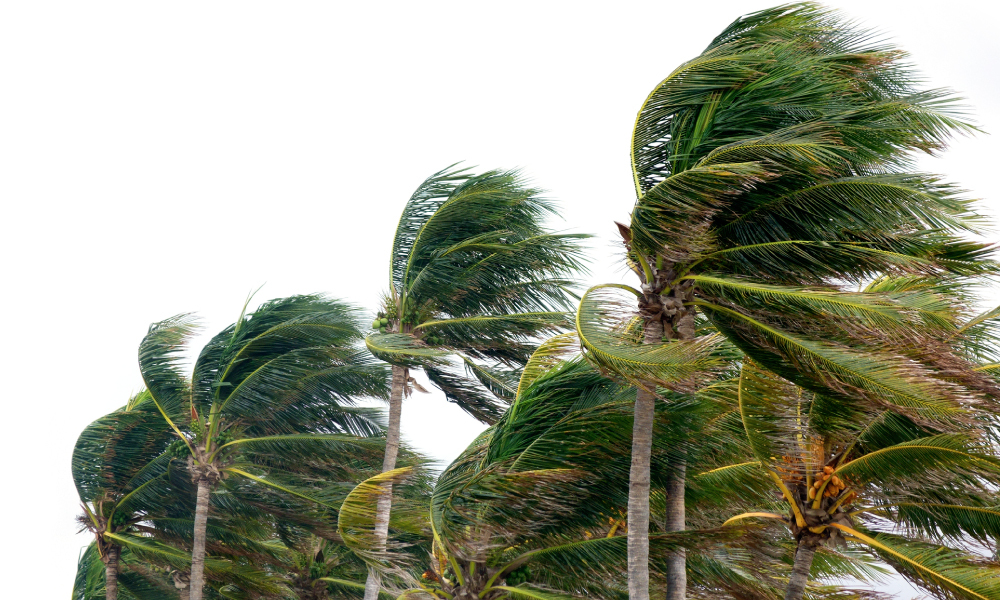
The Coastal Windstorm Task Force decided monitoring the Texas Windstorm Insurance Association would not be enough after TWIA recently approved a 5 percent rate increase. The task force decided at a meeting Tuesday, Dec. 15, it would begin actively drafting and lobbying for passage of legislation to change the structure of the association, which provides last-resort windstorm insurance for Texans living on the Gulf Coast.
The task force is an organization designed to help increase public access to windstorm insurance at an affordable price. It includes representatives from all 14 counties on the Texas Gulf Coast and is chaired by Charlie Zahn of Port Aransas. Zahn is also on the Port of Corpus Christi Board of Commissioners. The task force coordinator is Angie Flores, who also serves as state Rep. Todd Hunter’s chief of staff.
“That vote brought TWIA from off the radar to on the radar for this next legislative session,” said Hunter of Corpus Christi. “Now, we are drafting legislation up and down the coast.”
Task force member Sally Bakko, who is also director of policy and government relations for the city of Galveston, talked to Corpus Christi Business News about the Dec. 15 meeting.
“I believe (the TWIA vote to raise rates) was a direct slap in the face to the Legislature,” Bakko said. “The coastal community contributes 25 percent of the jobs in this state. We are a significant portion of this state’s economy. The workers and their families need to be able to afford to live here and work here to produce the economic benefit that this state enjoys from its coastal community.”
The ire of the about 50 people involved in the task force Zoom meeting was raised by an apparent lack of transparency by the TWIA board on the vote. Agenda item No. 8, which is when the vote was taken, did not indicate a rate increase would be up for a vote. In fact, all news leading up to the Dec. 8 meeting indicated that no rate increase would be considered.
“The TWIA actuarial committee met a week earlier and sent the board a report that did not recommend a rate increase,” Hunter said. “In fact, the committee recommended more study. When you read the agenda, a rate increase is not listed.”
Both Bakko and Hunter also voiced concern that public comment was cut off too early. The public comment period ended one day before a revised report from a third-party study on rate adequacy was given to the actuarial committee at its November meeting.
“I was dismayed and surprised by the order that information became available for public review and comment,” Bakko said.
The same thing occurred prior to the TWIA board meeting, she said. The comment period ended before the agenda was posted.
“There was no indication that a rate action was going to be taken because the recommendation that had been forwarded was no rate recommendation,” Bakko said. “The whole process was disconcerting.”
The task force decision to begin drafting legislation for the next legislative session, which convenes Jan. 12, was also driven by what it considered TWIA’s disregard for the Legislature and legislation approved in the 2019 session. Bakko called it “problematic.”
“During the 2019 session, state legislators made it very clear their intent,” she said.
House Bill 1900 clearly legislated greater transparency and closer funding structure examination, Bakko said of the legislation authored by state Rep. Greg Bonnen of Friendswood. State Sen. Larry Taylor, also of Friendswood, sponsored the bill, which provides essential reforms to reduce the need for a premium rate increase.
The intent was to appoint two interim committees to do the groundwork necessary to put that legislation into action. COVID-19 restrictions prevented that from happening.
“A decade's worth of rate increases have made windstorm insurance unaffordable for people,” Bakko said. “The importance of affordable windstorm insurance is really essential for Galveston and the entire Gulf Coast. For the TWIA board to proceed with a 5 percent rate increase at this point, with the economic stresses and burdens of COVID-19, in light of what the Legislature intended, is very discouraging.”
Twenty legislators sent a letter to Gov. Greg Abbott on Dec. 10 asking that he abate the increase, which is due to go into effect April 1. They are waiting for his response, Hunter said.





